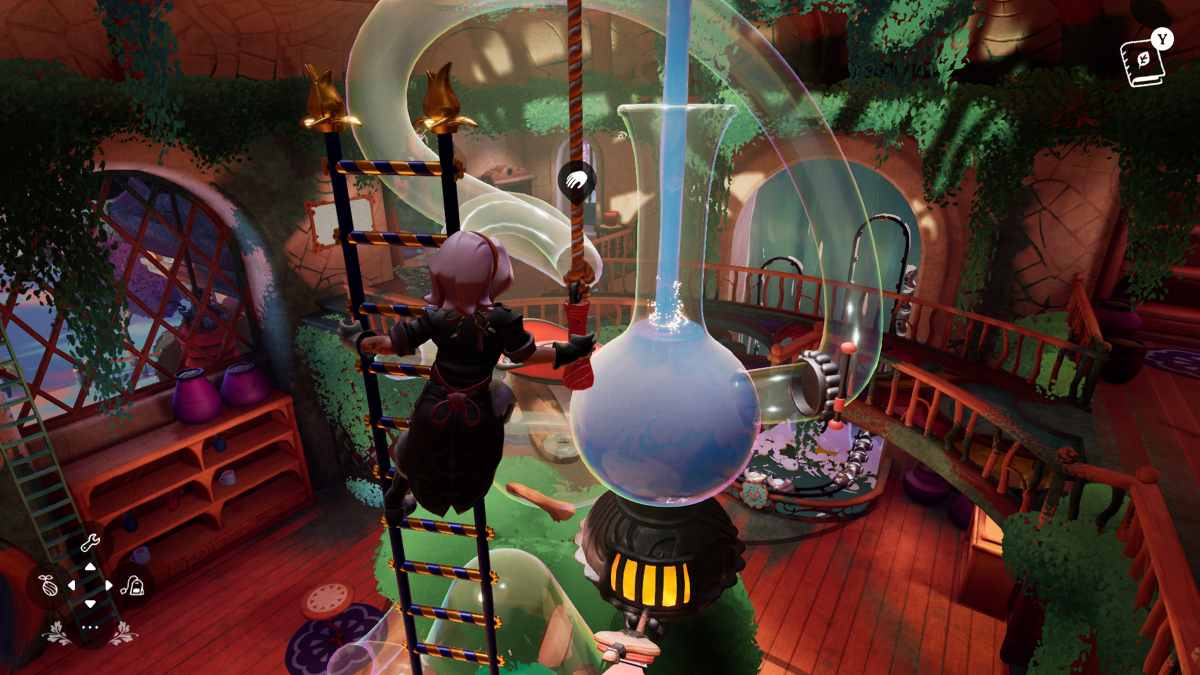In June 2013, one of esports’ most popular personalities, Matt “Nadeshot” Haag, made waves in the burgeoning streaming industry. The professional Call of Duty player moved his highly successful stream from industry behemoth Twitch to its startup competitor MLG.tv—the streaming arm of professional esports organization Major League Gaming, which hosts tournaments for everything from Call of Duty to Dota 2.
The deal made a lot of sense. MLG fosters the competitive Call of Duty scene almost exclusively, and anyone who’s anybody in the game was moving to MLG at the time. But the company’s streaming arm hasn’t stopping with competitive stars, and now we’re learning just how far the company is willing to go to beat Twitch at its own game.
According to several of Twitch’s top streamers, MLG has approached them with offers of monthly salaries range in the tens of thousands of dollars and huge signing bonuses.
Video game streaming is still a new industry. Only four years old, Twitch is already one of the top 200 sites in the world, according to Web analytics firm Alexa. The iron is hot and now is the time to strike, while there’s still time to shave off a piece of the industry. MLG’s approach to leveling the playing field with Twitch seems to be based largely on one thing: money.
The numbers MLG is throwing around can range from a few thousand dollars per month to $100,000 per year, depending on the broadcaster, their average audience, and the amount of money they’re already making. In at least one case, MLG promised a salary topping $20,000 per month. Details on the upfront bonuses are scant. The streamers we spoke with turned down the offers before they reached that phase of negotiations, but the representatives from MLG who made the initial contact made it clear that an upfront lump sum was on the table in addition to a specified salary.
MLG isn’t the only site trying to take on Twitch. Startup competitors Azubu and HitBox are chasing after the same game-streaming audience and the same streamers. YouTube is reportedly ready to take Twitch head-on with its own service. And they each need to build by peeling away Twitch’s talent.
“At the core there a couple [of players] that everyone is going for that are no brainers,” said Cody Conners, an industry veteran and former Daily Dot contributor. “Everyone is trying to talk to Amaz, everyone is trying to talk to Reynad,” he said, referring to two of the biggest names in Blizzard’s digital card game Hearthstone.
Indeed, MLG’s offers often aren’t just targeting pro gamers, like Nadeshot. In 2014, MLG brought on YouTube star PewDiePie to stream his podcast on its site. That was apparently the first step in MLG’s attempt to expand outside esports specialty. Many of the Twitch streamers MLG is approaching, who asked to remain anonymous so as to keep their channels and chatrooms as drama-free as possible, are entertainment-minded streamers. They just play the games—they don’t compete in them.
You don’t need a trophy case full of tournament accolades under your belt in order to catch MLG’s eye. Being the go-to site for a handful of big tournaments simply isn’t going to cut it anymore for the network. MLG understands that a diverse cast of streamers is far more valuable than a narrowly focused esports network.
Fighting an empire
For Twitch’s top 100 streamers, income is a combination of subscriptions (a $5 per month charge to the subscriber, divided between Twitch and the broadcaster) and donations or tips, which can sometimes add up to as much as $20,000 a month for the most popular streamers. Things work much the same way on MLG and Twitch’s other competitors. So it’s very risky for a streamer leave Twitch for another site; there’s no way to guarantee that a broadcaster’s audience will follow them, which means massive losses and potentially even a stalled career.
“The math I tell all the content producers to do,” Conners said, “Is to assume you’ll lose half of your donations over the next few months. The numbers are so big.”
The competitive Hearthstone community learned this harsh lesson last year when exclusive broadcasting deals with Azubu led players from several teams to quit. The switch to an unproven streaming platform was more detrimental to their careers than finding a new team would be. It’s a high-stakes gamble, and not many broadcasters are willing to make it.
MLG and Twitch’s other competitors then, essentially has to absorb a loss for broadcasters willing to make the jump: It needs to guarantee that a streamer’s income won’t take a hit when they abandon Twitch. The streamer then essentially becomes an MLG employee, relying on the company for most or all of their paycheck rather than viewer subscriptions and donations.
Every Twitch broadcasters who spoke to us has since turned down the offers from MLG. Because of this, it’s unclear what terms the monetary guarantees carry and whether they expire after a certain time frame or, if the streamer is able to once again foster a community of loyal fans, if MLG makes the decision on a case-by-case basis.
Whatever the case, it’s obvious why MLG is trying to poach Twitch’s talent. It’s a two-pronged attack: First, the streamer’s audience will no longer find them on Twitch which means the potential for a significant traffic hit against Twitch. Second, the broadcaster’s own promotion of their new MLG.tv channel brings new traffic and viewers to MLG.tv. It’s one thing to gain a new regular visitor, but if you can turn your competitor’s audience into your own, those clicks are twice as valuable.
MLG declined to comment in detail on this story, offering only a brief statement. “MLG respects and does not interfere with agreements between content providers and their streaming partners,” a spokesperson said.
Companies who want to fight an uphill battle against Twitch can’t simply wait for their own communities to grow organically. They must be seeded with existing talent, and that’s just what MLG seems dedicated to doing. Whether this plan will actually succeed is anyone’s guess. Regardless, the real winners appear to be Twitch’s top talent themselves, who have become golden tickets asked to name their own price.












Published: Apr 9, 2015 12:45 pm